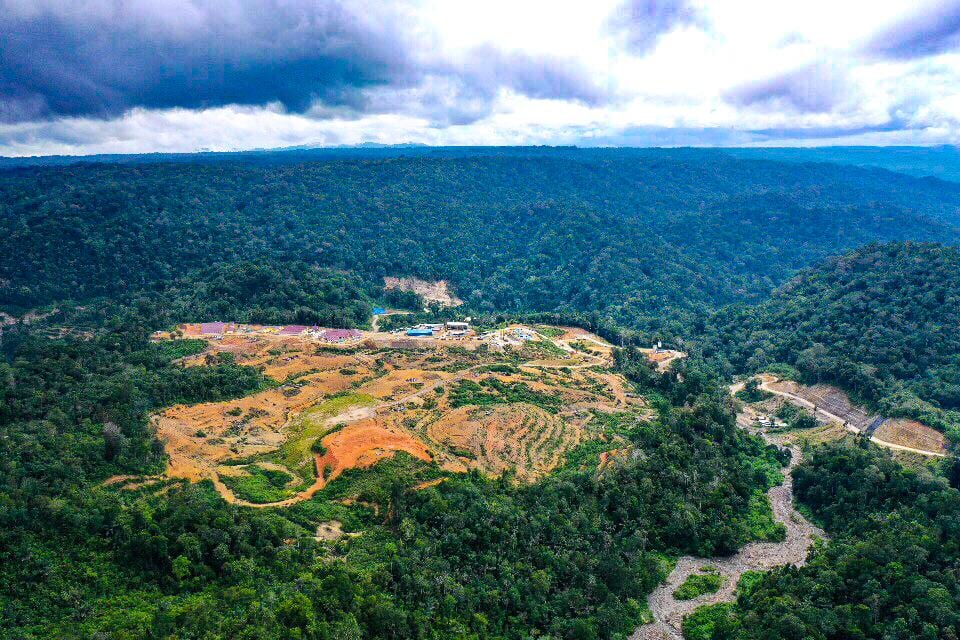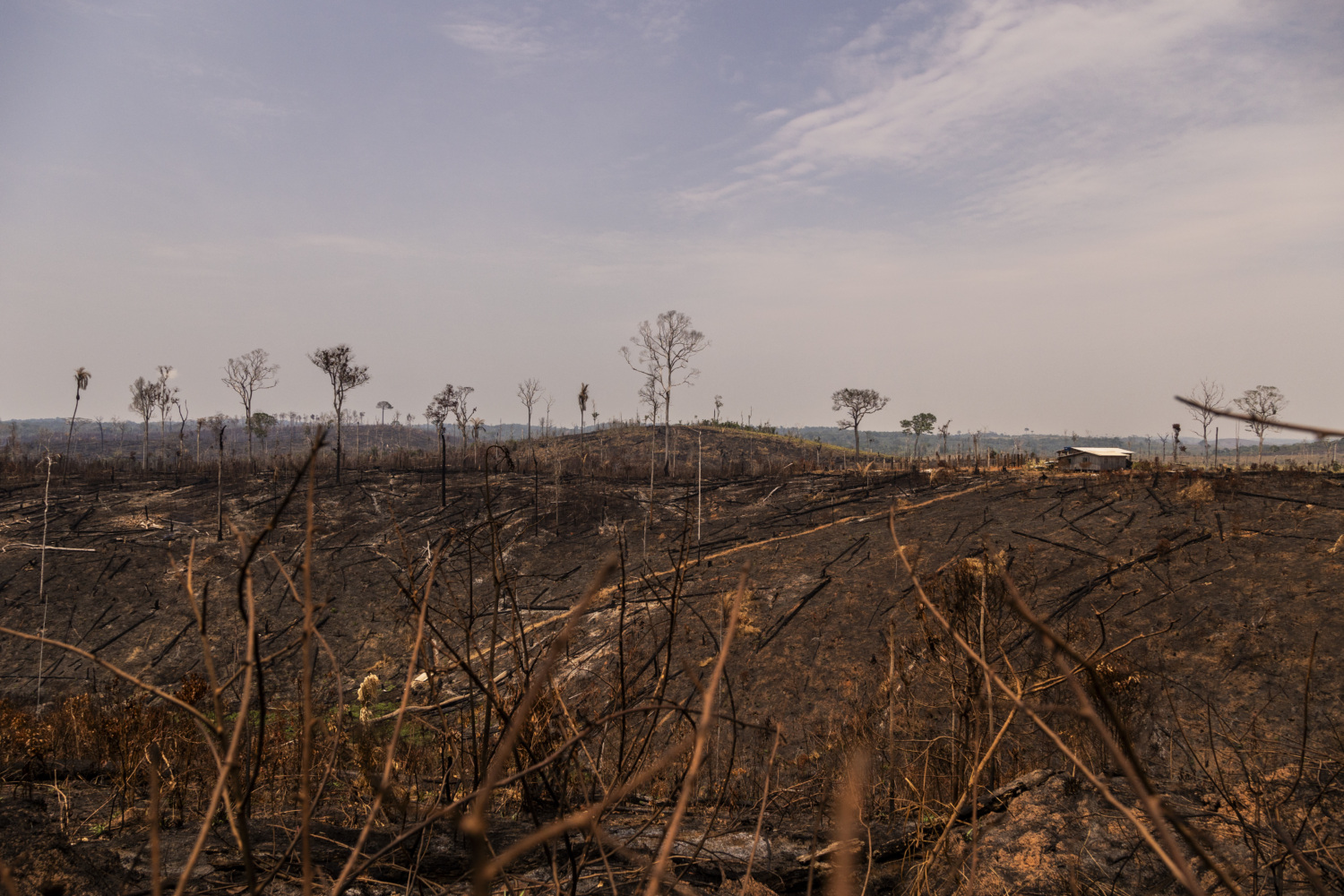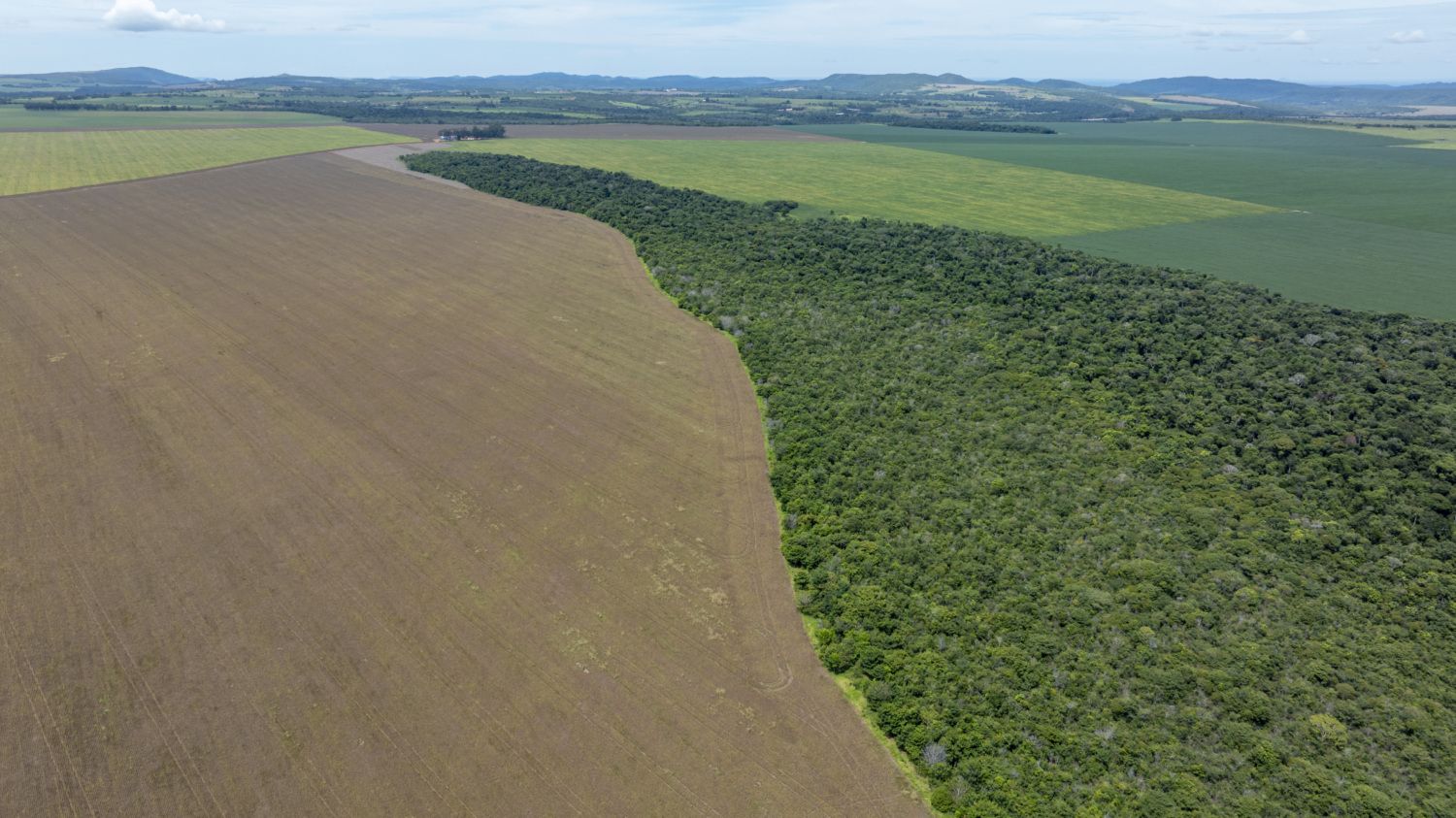
Resistance Grows to US$ 1.6b Dam That Threatens New Orangutan Species and Communities

Since it was first announced in 2012, the project has been the target of criticism, primarily because of the threat the dam poses to the area’s forest ecosystem and to the lives and livelihoods of the many thousands of residents in the area. The opposition intensified when it was discovered that the Batang Toru forest area, the planned project site, is also home to a newly identified species of orangutan (Pongo tapanuliensis), which lives exclusively in that forest. Leading conservation scientists say the construction of the dam on the Batang Toru River would fracture the orangutans’ habitat, bringing about the extinction of this rare and endangered species, of which about only 800 individuals remain.
Legal Letdown
The recent rejection by a local North Sumatra court of a lawsuit filed by Walhi, Indonesia’s largest environmental NGO, against the local government for ignoring environmental hazards when issuing a permit for the project, has stirred new anxiety among local residents.
It has since come to light that the company forged the signatureof a forestry researcher on its environmental impact statement (AMDAL) as it sought approval for the project. Nevertheless, clearance at the site of the project has already begun.
“Many people now feel helpless in the face of the failure of this lawsuit to take their side in this issue,” said a member of the fact-finding team, adding that fear and suspicion is becoming widespread among the local residents.
This legal development has brought new impetus to the controversy, with many local residents now joining a broad coalition of opponents to the project, intensifying efforts to persuade the Indonesian government and its Chinese and Indonesian partners to call a halt to the project.
Adding to the controversy, earlier this month, the International Union for Conservation of Nature (IUCN), the leading government and civil society expert body on the conservation of species, publicly called for a moratorium on all projects impacting “the critically endangered Tapanuli orangutan”. The message was specifically aimed at urging a halt to the NSHE project.
Finding Facts
In an effort to bring more clarity to the situation, a fact-finding team, led by the Center for Orangutan Protection (CoP) (requested by the office of the Presidential Staff of the Republic of Indonesia), recently conducted on an on-site investigation in the Simarboru (Sipirok, Marancar and Batangtoru) area of Tapanuli, North Sumatra. The primary mission of the fact-finding team was to assess feelings of the local population living near the site of the planned project. The fact-finding team came to a number of conclusions regarding prevailing attitudes:
- Disappointment. Many residents living in the Simarboru area were initially in favor of the development of the project as they were promised numerous jobs in the construction and maintenance of the dam and power plant. However, it turns out that a majority have been rejected for jobs due to a lack of suitable work qualifications. These people are now strongly opposed to the project.
- Regret. While initial support for the project has wavered, many residents are now reluctant to voice opposition because they have already sold their land to NSHE for “minimum compensation”.
- Helplessness. The fears of the local residents have been heightened by the failure of the Walhi lawsuit, which has fostered feelings that they are up against powerful interests.
- Confusion. Many residents say they were not fully informed about the possible environmental effects of the project, leaving them in a state of confusion regarding what to expect.
- Fear. The greatest concern to residents is the fear of flooding of their homes and farmland from the dam that, according to technical surveys, will siphon river water for 18 hours a day and then during the next six hours, when the sluice will be opened, flood the farmland in the area. Several thousand people could have their homes and livelihoods affected by this action.
“It is obvious that the company (NSHE) as well as the government neglected the principles of Free Prior & Informed Consent (FPIC), the rights of society to express ‘Yes and How’ or ‘No’ to the project that impacts their resources. This is based on Int’l & National law in some countries and confirmed by the adoption of UN declaration about The Local Community Rights in 2008,” said Hardi Baktiantoro, Founder & Principal CoP.
While the issue of the growing dissatisfaction among the local population is primarily a domestic problem, there have also long been serious international concerns about the environmental impact of the project. These concerns have been continuously raised by a loose coalition of international and domestic NGOs, including Mighty Earth, the Ape Alliance and the United Nations Environment Programme, and locally the Orangutan Information Center (OIC), Center for Orangutan Protection (CoP) and the Sumatra Orangutan Conservation Program (SOCP).
Among the primary issues:
- Extinction. Imminent extinction of the rare Tapanuli orangutan species due to fracturing of their forest habitat resulting from construction of the dam.
- Threats. The Batang Toru Ecosystem is also home to the Critically Endangered Sumatran tiger, pangolin and helmeted hornbill. Sun bears, tapir, serow and a host of other rare endangered species, including more than 300 bird species
- Earthquakes. Potential risks to life and property from building the dam in a known earthquake-prone area, situated on a tectonic fault. Construction of a planned tunnel for the project could also exacerbate the risks of tectonic activity
- Feasibility. While this project will endanger both human and wildlife existence in the area, studies show there are more feasible options for generating power in the area-primarily from geothermal sources, including the expansion of the existing Sarasulla Geothermal Plant
- Eco-system. Re-settling of local populations will alter the ancient ecosystem of the area thus posing risks of long-term destructive environmental changes
International Ingredient
The Bank of China and the Government of China have indicated an interest in financially supporting this project. From the beginning, communities in Indonesia targeted the Chinese government in efforts to dissuade them from participating in the project. An open letter last year sent to the Chinese embassy in Jakarta spelled out the concerns, asking embassy officials to facilitate talks with Chinese investors and funders of the project in order to make them aware of the environmental and social risks posed by the project.
“We believe that every foreign investment in our country, whether from China or elsewhere, shouldn’t contribute to the erosion of people’s livelihoods and more importantly to the extinction of a critically endangered species,” the letter read.
As a result, there has been considerable dialogue between Jakarta, Beijing and international conservation organizations regarding how to proceed with this project. Five years on from its inception, China’s Belt and Road Initiative (BRI), of which this project is a product, has been the subject of considerable international controversy.
Meanwhile, affected communities and conservationists continue to work to persuade the Indonesian government to reassess its stance on moving forward with its development. An online petition has been posted seeking domestic and international support for calling a halt to Batang Toru.
While the votes are still being counted from the recent Indonesian presidential election, it is hoped that whoever is the winner will be willing to take another look at the potential negative impacts of this project. It is also hoped that the slogan of “Wonderful Indonesia” can morph from a tourist campaign tagline to a real-life effort to take a unique opportunity to save the endangered Tapanuli orangutan species from extinction and instead, enshrine this magnificent great ape as a symbol of Indonesia’s unique national heritage.
“Basically we’re not fighting for ourselves. There are hundreds of rare new species and being protected by the world, biodiversity of Batangtoru ecosystem, and thousands of people who will be affected by the negligence of the company and involved parties in building this megaproject. We are still waiting for the government’s next step in protecting Wonderful Indonesia,” add Panut Hadisiwoyo, Founder Director Orangutan Information Center (OIC).(*)


